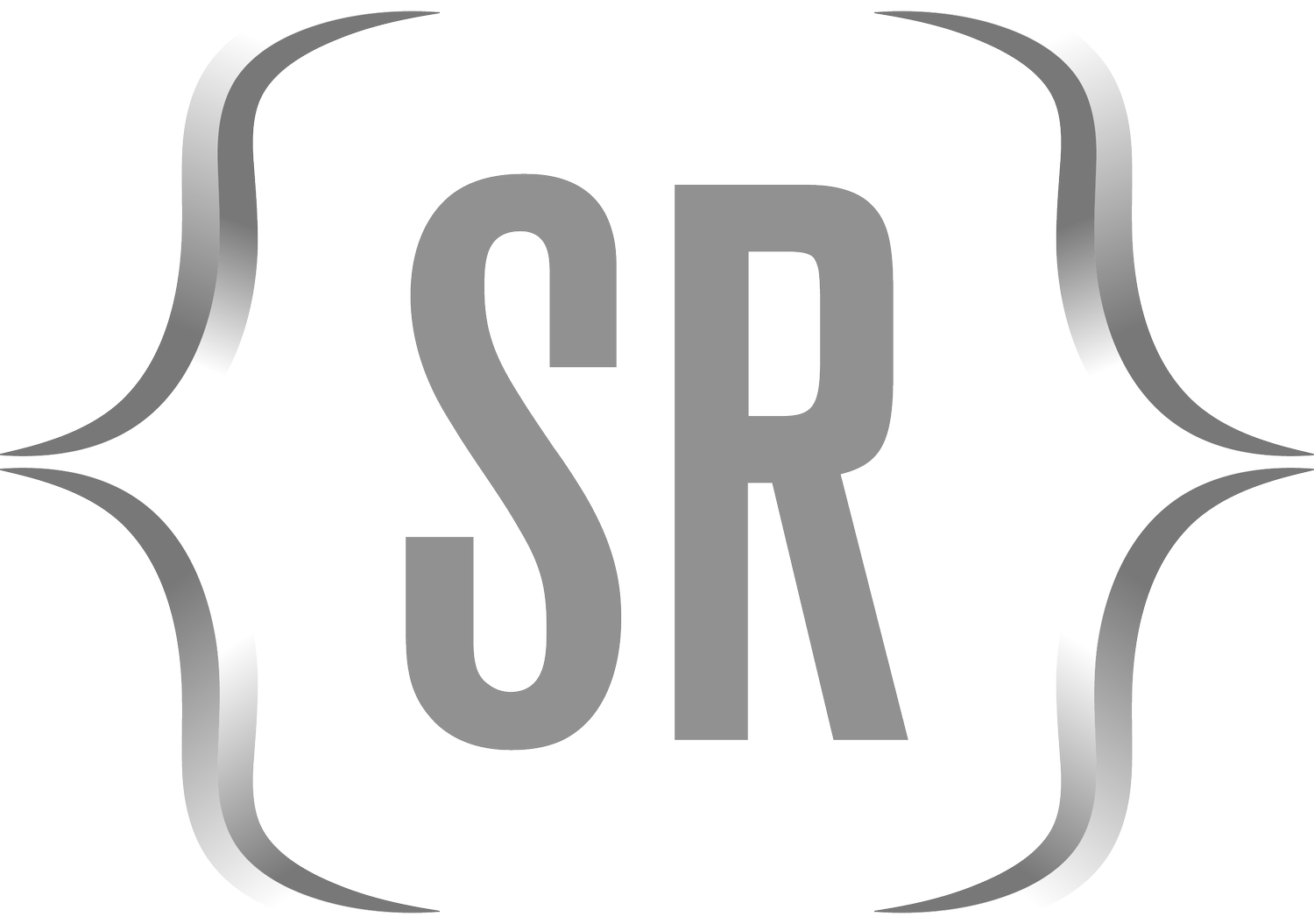
The “gather” Function in R
To reshape data from wide to long format by gathering columns into key-value pairs.
The “if_else” Function in R
To perform element-wise conditional operations on vectors or data frames.
The “top_n” Function in R
To select the top (or bottom) n rows within each group based on a specified variable.
The “case_when” Function in R
To create conditional transformations based on multiple conditions.
The “do” Function in R
To apply a custom function to each group in a grouped data frame and return the results as a new data frame.
The “rename_all” Function in R
To rename all columns in a data frame based on specified functions or patterns.
The “arrange_all” Function in R
To sort rows of a data frame based on the values in all columns.
The “summarize_all” Function in R
To apply a summarization function to all columns in a data frame.
The “select_if” Function in R
To select columns in a data frame based on specified conditions applied to each column.
The “mutate_all” Function in R
To apply a transformation to all columns in a data frame and create new columns with the results.
The “filter_all” Function in R
To filter rows in a data frame based on conditions applied to all columns.
The “semi_join” Function in R
To perform a semi-join between two data frames, returning only the rows from the first data frame that have matching values in specified columns with the second data frame.
The “anti_join” Function in R
To perform an anti-join between two data frames, keeping only the rows from the first data frame that do not have matching values in specified columns with the second data frame.
The “inner_join” Function in R
To perform an inner join between two data frames, merging them based on matching values in specified columns.
